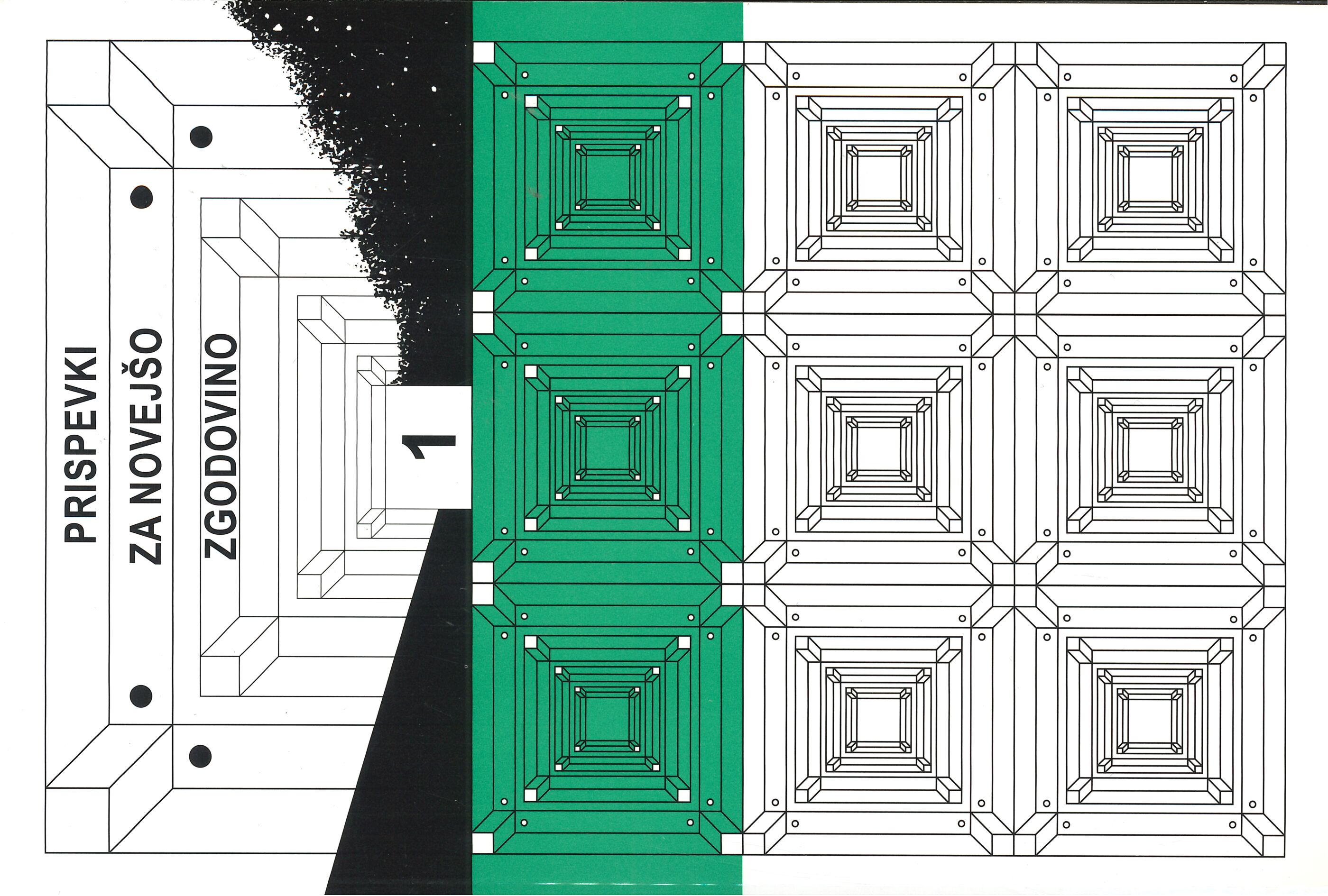The Question of the Ideological, Political, Social and National Co–habitation in the Liberal Political Thought and Practice between 1891–1941
Keywords:
Slovenia, liberalism, political Catholicism, communism, cultural struggle, national question, social question, ideological, political, social, national co–habitationAbstract
The question of the ideological, political, social and national co–habitation in the liberal political thought and practice since the beginning of its independent political organisation in 1891 until World War II in Slovenia indicates that this complex problem has been the hardest issue to address in the life of the Slovenian society and nation in the recent past. It stemmed from the Slovenian mutual ideological and political denial and exclusion, manifesting itself in various forms and different historical situations, frequently in severe hatred between the basic historical political camps in Slovenia. The liberals were no exception and also no rule as far as this was concerned, even though the ideological struggle in Slovenia was initiated by the Catholic side. The liberals' opposition to the political Catholicism, most severe in the (former) Carniola, was less and less often based on modernity and its underlying values, and increasingly frequently on the cultural struggle and anti–Catholic ideologies. Thus with its example liberalism – which also held true of its attitude to the socialist and communist movement – only confirmed the restrictive and aggravating ideological, political, largely also corporatist–self–sufficient or hierarchic–total social attitude of Slovenians at that time. This attitude did not contain enough room for a balanced perception of the others. This surely resulted in heavy historical baggage, which Slovenians had gathered in the time up to the World War II and which had been added to abundantly by the mounting mutual hatred among them during World War II.
Downloads
Published
Issue
Section
License
Authors who publish with this journal agree to the following terms:
- Authors retain copyright and grant the journal right of first publication with the work simultaneously licensed under a Creative Commons Attribution License that allows others to share the work with an acknowledgement of the work's authorship and initial publication in this journal.
- Authors are able to enter into separate, additional contractual arrangements for the non-exclusive distribution of the journal's published version of the work (e.g., post it to an institutional repository or publish it in a book), with an acknowledgement of its initial publication in this journal.
- Authors are permitted and encouraged to post their work online (e.g., in institutional repositories or on their website) prior to and during the submission process, as it can lead to productive exchanges, as well as earlier and greater citation of published work (See The Effect of Open Access).


